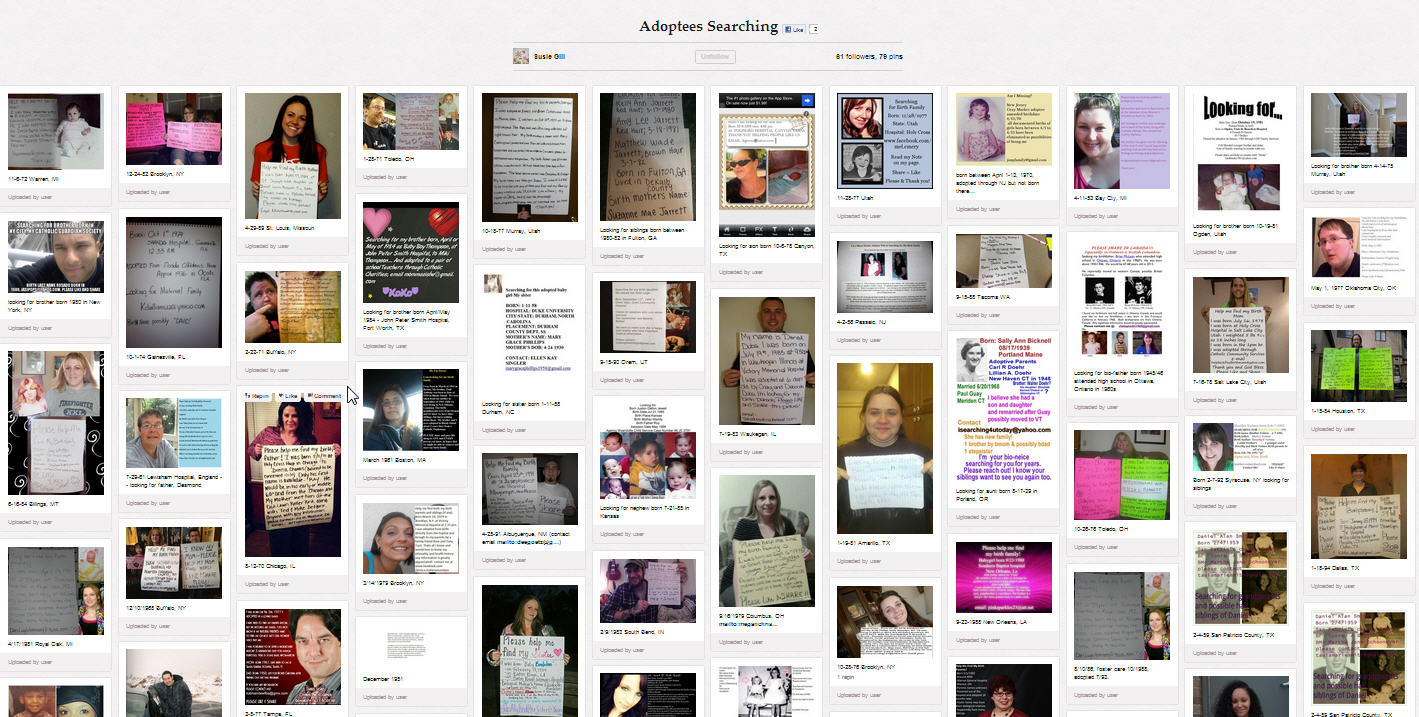What Does Work in the Adoption Reunion?
Truthfully? I have no idea. What works for one reunion might not work for another. The measure of what makes an adoption reunion successful really does depend on the parties involved and how they measure that success. Are they both satisfied with the measure of contact? Are they both getting what they need out of the relationship? Are the interactions relatively “healthy” aka not destructive to the other party? Again, so many variables, so many different personalities, so many different experiences, differences in timing, in support; how is one supposed to make heads or tails?














